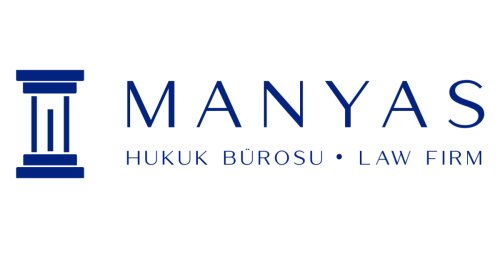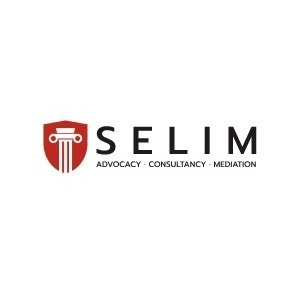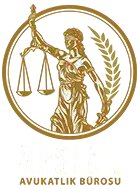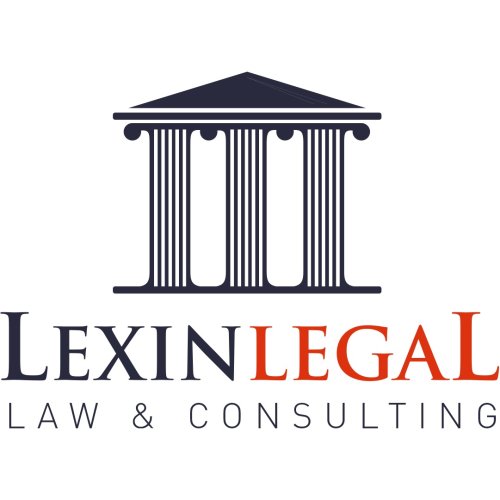Best Whistleblower & Qui Tam Lawyers in Istanbul
Share your needs with us, get contacted by law firms.
Free. Takes 2 min.
List of the best lawyers in Istanbul, Turkey
About Whistleblower & Qui Tam Law in Istanbul, Turkey
In Istanbul, Turkey, Whistleblower and Qui Tam Law refer to the legal protections and provisions offered to individuals (Whistleblowers) who expose, report, or sue on behalf of government for fraudulent practices or misconduct by corporations, organizations, or individuals. Turkey recognizes and appreciates the importance of whistleblowers in maintaining transparency and accountability, especially in the public sector. Nonetheless, the legislative framework for such protections is still developing. Turkey’s primary legislation on this matter until now has been the Article 257/1 of Turkish Penal Code.
Why You May Need a Lawyer
You may require legal assistance in terms of Whistleblower and Qui Tam Law under various circumstances. You may need a lawyer if you wish to report misconduct in the corporate or government sector. If you have been unjustly retaliated against after whistleblowing, you would require a lawyer to secure your rights. Should you suspect fraudulent acts in your organization, a lawyer could guide you about the potential legal ramifications and guide you with the safe steps to whistleblow.
Local Laws Overview
While Turkey does not have a comprehensive standalone law specifically oriented towards whistleblower protection, it has various pieces of legislation that touch on whistleblower rights. The key piece is the Turkish Penal Code, Article 257/1, which offers some protection for whistleblowers in the public sector. Additionally, there are the Bank's Law (Article 73), Capital Market Law (Article 110), and regulations about the compliance programs of banks which indirectly includes protections for whistleblowers in the banking sector. Please consult with relevant legal experts for precise information.
Frequently Asked Questions
1. What protections are available for whistleblowers in Istanbul, Turkey?
Currently, the protection measures for whistleblowers in Istanbul are limited but are improving gradually. They receive some protective measures mainly through the Turkish Penal Code.
2. Can retaliation be faced after whistleblowing in Turkey?
There is a potential for retaliation after whistleblowing. Istanbul's limited legislative protections can provide recourse in the case of retaliation.
3. Who can a whistleblower report to?
The entity or individual to whom the report should be made depends on the nature of the complaint. It can range from a corporate compliance department, to government agency, or law enforcement.
4. Can a whistleblower remain anonymous?
Although Turkey's legislation does not have a defined statement regarding the anonymity of whistleblowers, every effort should be undertaken to retain the whistleblower's identity confidential during a report to minimize retaliation risk.
5. Should I hire a lawyer before whistleblowing?
It is generally recommended to consult with a lawyer before taking any whistleblowing action, as it involves potential legal and personal risks.
Additional Resources
The Integrity Line, is an online Whistleblowing System for businesses in Turkey. Furthermore, people can also contact the Turkish Anti-Corruption and Evaluation Centre (TİMER) for assistance and the OECD provides guidelines about whistleblowing.
Next Steps
If you need legal assistance in Whistleblower & Qui Tam, you should seek advice from an experienced lawyer immediately. Ensure to provide them in-depth facts about the case and your concerns. You can also contact legal aid services, if available, for an initial consultation.
Lawzana helps you find the best lawyers and law firms in Istanbul through a curated and pre-screened list of qualified legal professionals. Our platform offers rankings and detailed profiles of attorneys and law firms, allowing you to compare based on practice areas, including Whistleblower & Qui Tam, experience, and client feedback.
Each profile includes a description of the firm's areas of practice, client reviews, team members and partners, year of establishment, spoken languages, office locations, contact information, social media presence, and any published articles or resources. Most firms on our platform speak English and are experienced in both local and international legal matters.
Get a quote from top-rated law firms in Istanbul, Turkey — quickly, securely, and without unnecessary hassle.
Disclaimer:
The information provided on this page is for general informational purposes only and does not constitute legal advice. While we strive to ensure the accuracy and relevance of the content, legal information may change over time, and interpretations of the law can vary. You should always consult with a qualified legal professional for advice specific to your situation.
We disclaim all liability for actions taken or not taken based on the content of this page. If you believe any information is incorrect or outdated, please contact us, and we will review and update it where appropriate.

















